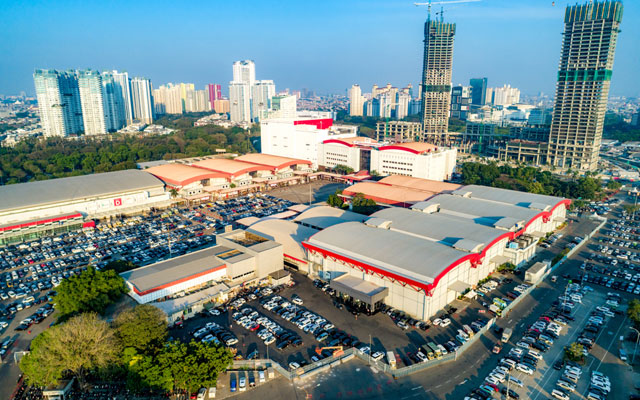Indonesian exhibition industry stakeholders are expecting a slow rebound even as the country begins to resume economic activities end of June, and believe that cooperation will bring better solutions for challenges.
Soehoed Kosasih, director of operations with Samudra Dyan Praga, an exhibition contractor, related his experience of riding out the 2008 global financial crisis when he was with PEO Dyandra Promosindo.

“To restart an event requires great effort. We have to be creative and have to accept low profits, or even losses,” he said.
He recalled Dyandra having to move the Indonesia International Motor Show, Indonesia’s biggest motor exhibition, from the Jakarta Convention Center to Jakarta International Expo Kemayoran, even though exhibitors had not yet recovered from the crisis and were unsure about the new venue.
To ensure a successful show, Soehoed said “a lot of sacrifices” had to be made and “massive discounts” had to be given to participants. Some even participated for free, he said.
The show took off on the back of close collaboration between all show stakeholders, which Soehoed said is necessary today for the country’s exhibitions industry to emerge well from the Covid-19 crisis.
Iqbal Rudianto, president director of Untuk Negeri Production, agrees that collaboration is critical and will help to spawn new ideas.
Iqbal, who is also chairman of the Indonesian Exhibition Companies Association (IECA) South Sumatera chapter, elaborated: “For the last three months, all exhibition stakeholders in South Sumatra have coordinated with each other, to look for solutions so that we can hold (physical) exhibitions again as soon as possible.”
Meanwhile, IECA South Sumatera chapter members are also undergoing training on how to conduct virtual exhibitions, as it is the only way for tradeshows to be conducted for now.
IECA chairman, Hosea Andreas Runkat, added that the organisation is working with the government to develop health protocols that can suit various exhibition-related businesses.
Rizki Handayani, deputy of tourism products and events of the Tourism and Creative Economy (TCE) Board, expects the draft of the joint protocol to be completed end-June. He added that the target was to have a trial exhibition with the new protocols in place by 3Q2020, before it will be passed on to business events stakeholders and exhibition visitors.
For now, the TCE Board is focused on helping local event organisers stage virtual events.
Soehoed also proposed two solutions to help exhibitions rebound. First, he suggested switching production costs once borne by the event organiser to the exhibition contractor, to ensure equal participation. Second, he suggested using bailouts from non-bank financial institutions to pay for production costs.





















